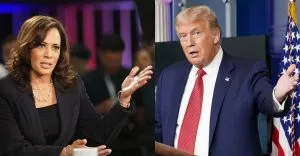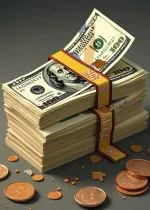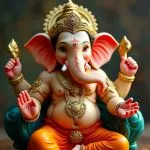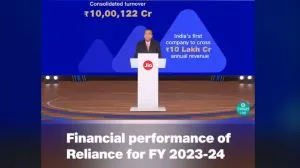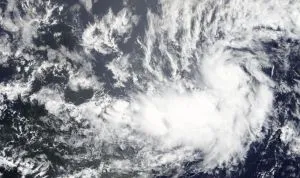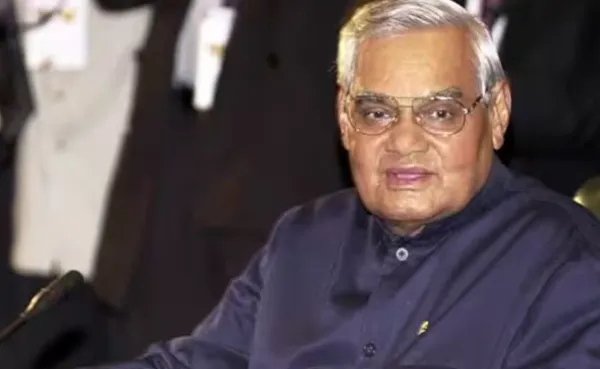
On December 25th, 1924, Atal Bihari Vajpayee entered this world. He was born in Gwalior, Madhya Pradesh. The son of Krishna Bihari Vajpayee and Krishna Devi, he was born into a Brahmin household within the Hindu faith. From his hometown of Bateshwar in Uttar Pradesh, his grandpa Pandit Shyam Lal Vajpayee moved to the city of Morena. In his hometown, his father, Krishna Bihari Vajpayee, was both a poet and a teacher. Saraswati Shishu Mandir, Gorkhi, Bara, Gwalior is where Vajpayee received his education. In Gwalior, Vajpayee studied at Victoria College (now Laxmi Bai College) and earned a degree with honors in Hindi, English, and Sanskrit. After completing his undergraduate degree, he went on to earn a Master of Arts in Political Science from DAV College in Kanpur, where he graduated at the top of his class.
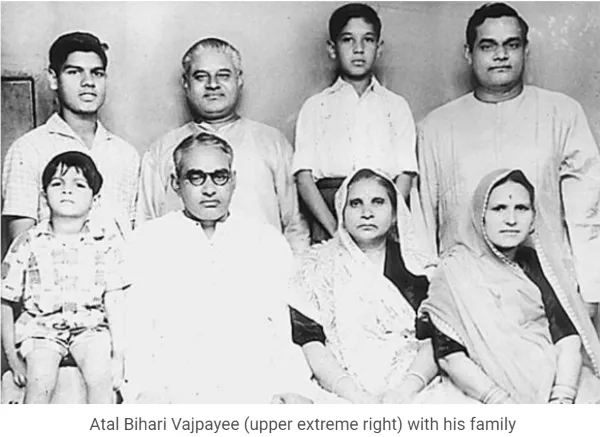
Atal Bihari Vajpayee, who served as the Prime Minister of India for three terms and is known as the "man of the people", is unquestionably a man of remarkable stature. In August 1942, Vajpayee and his older brother Prem were detained for 23 days during the Quit India Movement. This was Vajpayee's introduction to politics. In 1939, Vajpayee joined a Swayamsevak of the Rashtriya Swayamsevak Sangh (RSS). From 1940 to 1944, he studied at the RSS Officers' Training Camp, and in 1947, he became a pracharak (or "full-time worker") in the organization. He delivered weekly lectures, aspired to be a journalist, and authored a polemic on the history of Islam in India. He edited four right-wing publications, including the RSS mouthpiece Panchjanya, in which he wrote about cattle protection, Hindu personal law, India's relationship with the world, and Hinduism.
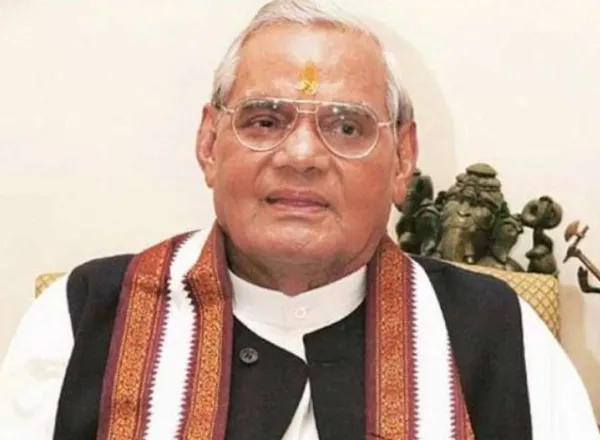
He became a member of what was then called the Bharatiya Janata Sangh and is now known as the Bharatiya Janata Party. At first, he was tasked with leading the party's northern area, which was headquartered in Delhi. After Deendayal Upadhyaya's untimely passing in 1968, Atal took over as president of the Bharatiya Janata Sangh. The Sangh's principles were brilliantly defended by Shri Atal Bihari Vajpayee, who possessed excellent oratorical talents. Throughout his national political career, Atal Bihari Vajpayee was elected nine times to the Lok Sabha (the lower house of Parliament) and twice to the Rajya Sabha. As a result, he is considered a seasoned politician.
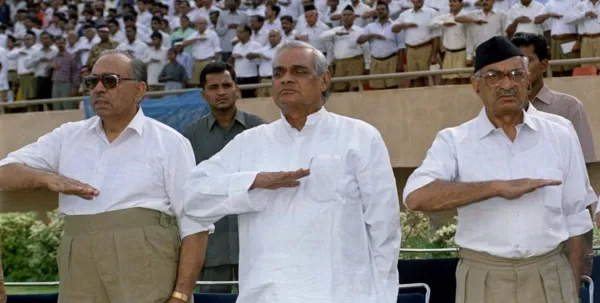
He became India's 10th Prime Minister when he was sworn in that year, 1996. Vajpayee resigned after only 16 days in office because it was clear the Bharatiya Janata Party did not have the support in the Lok Sabha to form a government. After the National Democratic Alliance won the general election in 1998, he became Prime Minister for a second time. This government, headed by Atal Bihari Vajpayee, was in office for 13 months. Atal Bihari Vajpayee served as president for a total of five years, from 1999 to 2004, during his third and last tenure. Atal Bihari Vajpayee was the only person to be re-elected as Prime Minister of India since Pandit Jawaharlal Nehru, who served two terms.
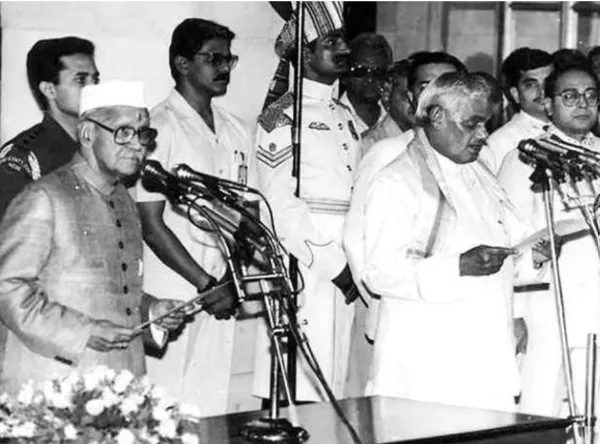
Shri Atal Bihari Vajpayee had contributed significantly to India’s progress in a number of ways. Not only did he hold the position of Prime Minister of India, but also that of Foreign Minister and Chairman of several crucial parliamentary Standing Committees. He also played a crucial role as the head of the opposition. The domestic and international politics of modern, independent India owe much to Shri Atal Bihari Vajpayee. He was also a staunch supporter of gender equality and women's rights. To address the challenges of the future, Shri Atal Bihari Vajpayee envisioned an India rooted in its 5,000-year-old civilizational past, but also modernizing, renewing, and regenerating itself. When Atal Bihari Vajpayee was criticized for conducting nuclear tests in 1998, he took a non-deterrent defiant stance, despite his reputation as a pragmatic leader. He also had an important part to play in trying to end the long-running conflict between Pakistan and India over the disputed territory of Kashmir. India's consistent economic growth and rise to the forefront of the IT industry may be directly attributed to his visionary leadership.
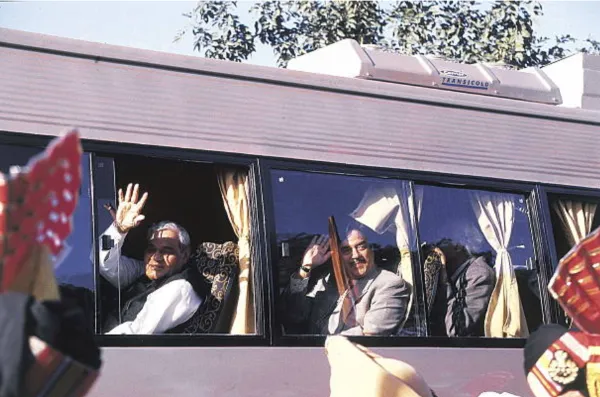
Atal Bihari Vajpayee remained a lifelong bachelor and did not tie the knot. When BN Kaul and Rajkumari Kaul had a daughter, Namita Bhattacharya, he adopted her. Former Prime Minister Manmohan Singh, speaking in the Rajya Sabha, referred to Vajpayee as the "Bhishma Pitamah" of Indian politics.
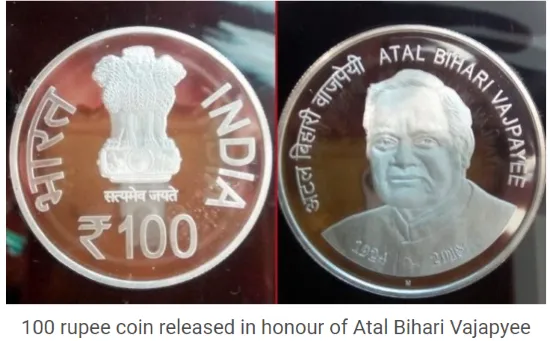
In 2014, the Modi administration stated that Vajpayee's birthday, December 25, will henceforth be celebrated as Good Governance Day. Atal Bihari Vajpayee was a well-known poet in addition to his political aspirations. He was also known for his Hindi poems. He is well known for 'Amar aag hai' and the poetry collection Kaidi Kaviraj Ki Kundalian, written when he was in prison during the 1975–1977 emergency. In 2014, Shri Atal Bihari Vajpayee was honored with India's highest civilian award, the Bharat Ratna, for his lifelong commitment to serving his country. He spent more than half a century giving back to his community and country. It was in 1994 that he received the honor of "Best Parliamentarian." In 2009, Vajpayee suffered a stroke that impaired his speech. In June of 2018, Vajpayee was admitted to AIIMS after reporting a kidney infection. Vajpayee died on August 16, 2018, at the age of 93.

